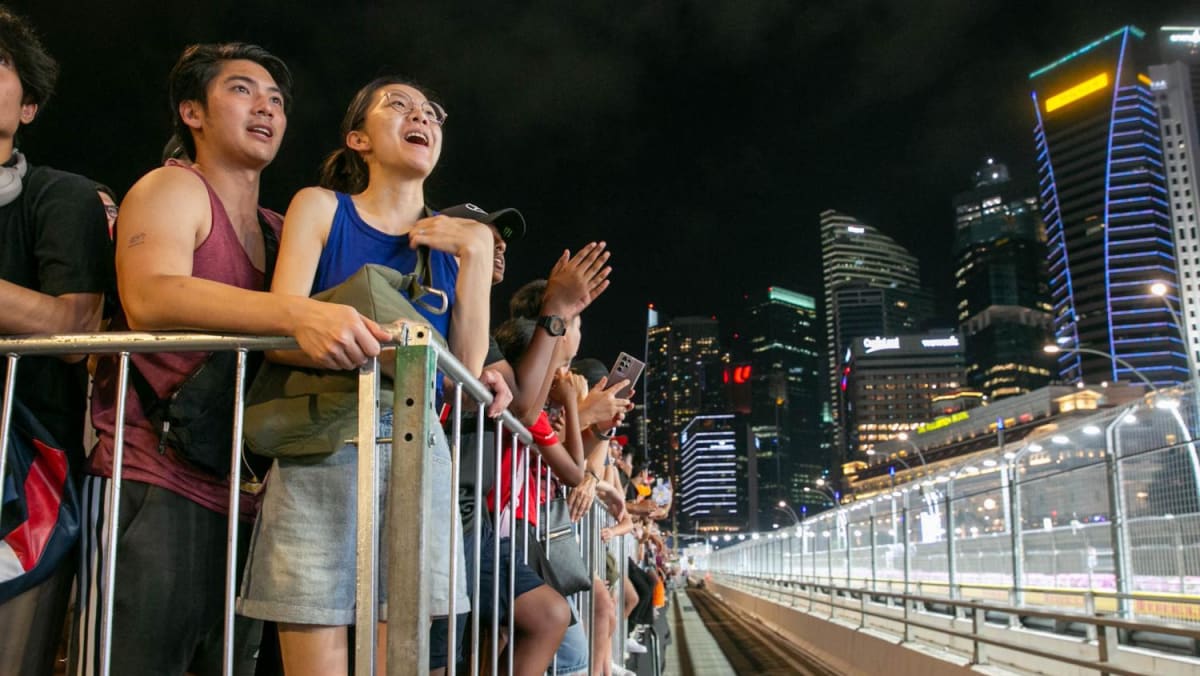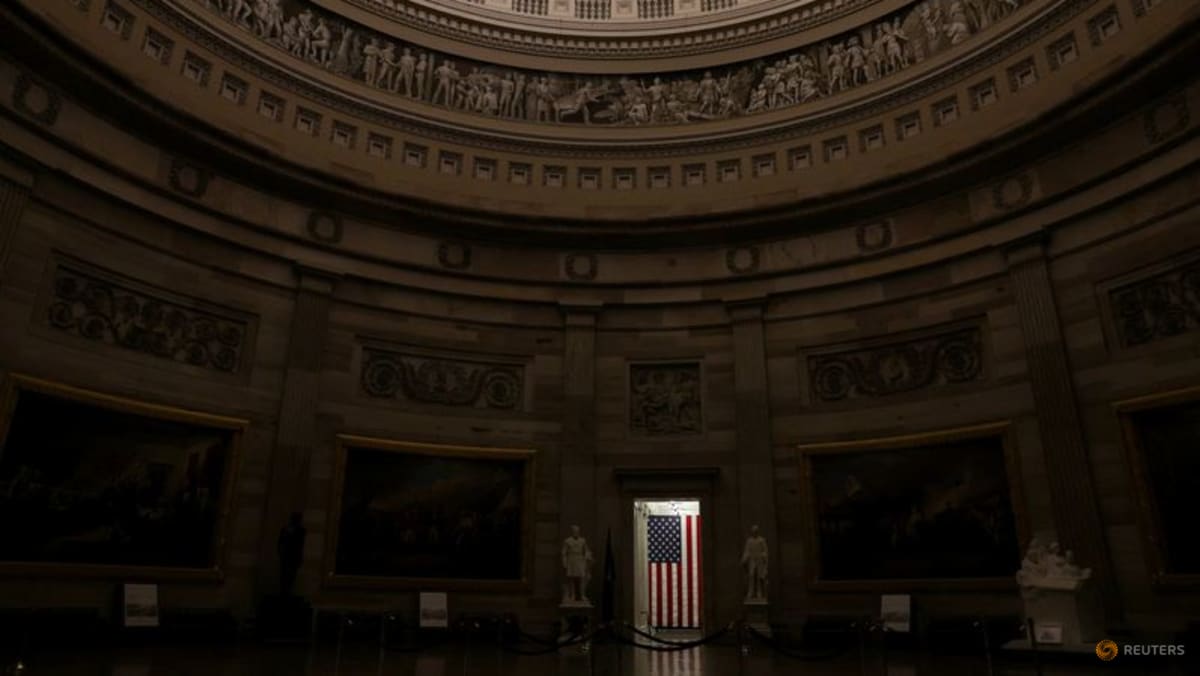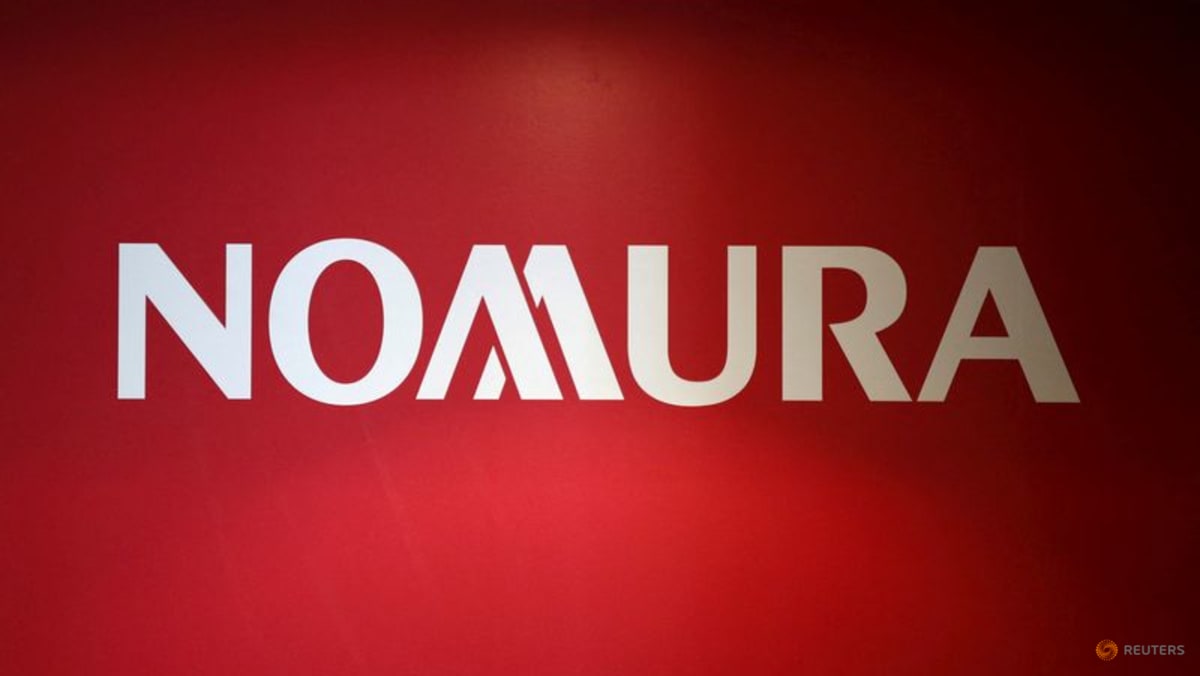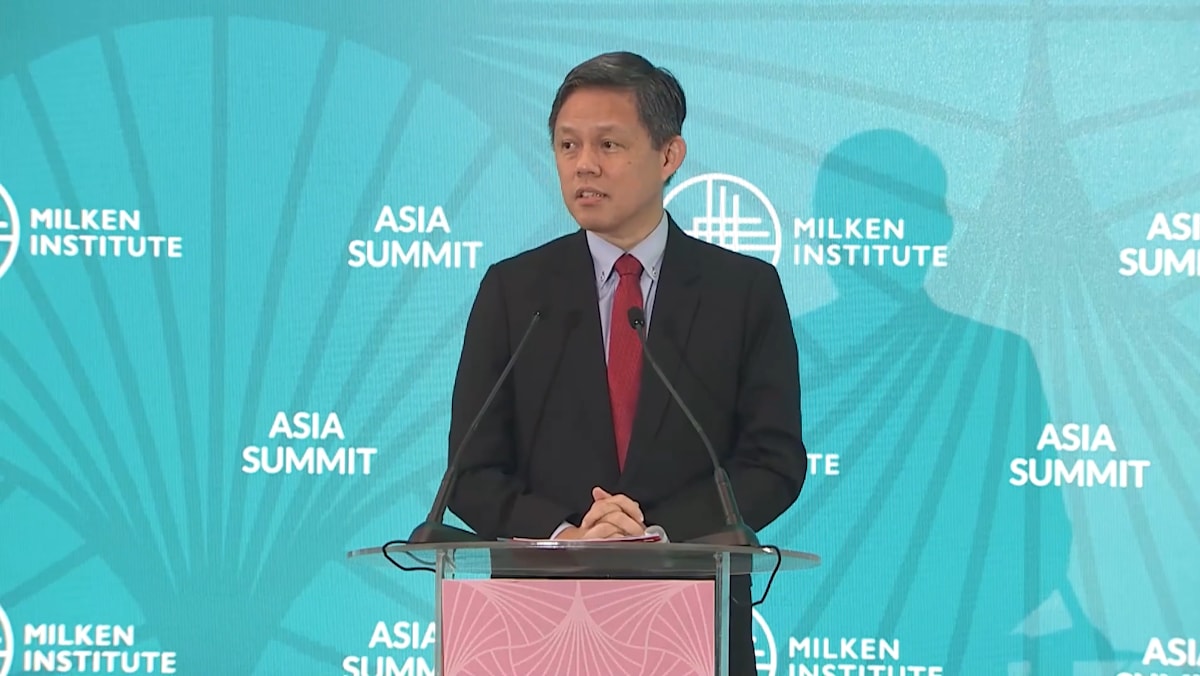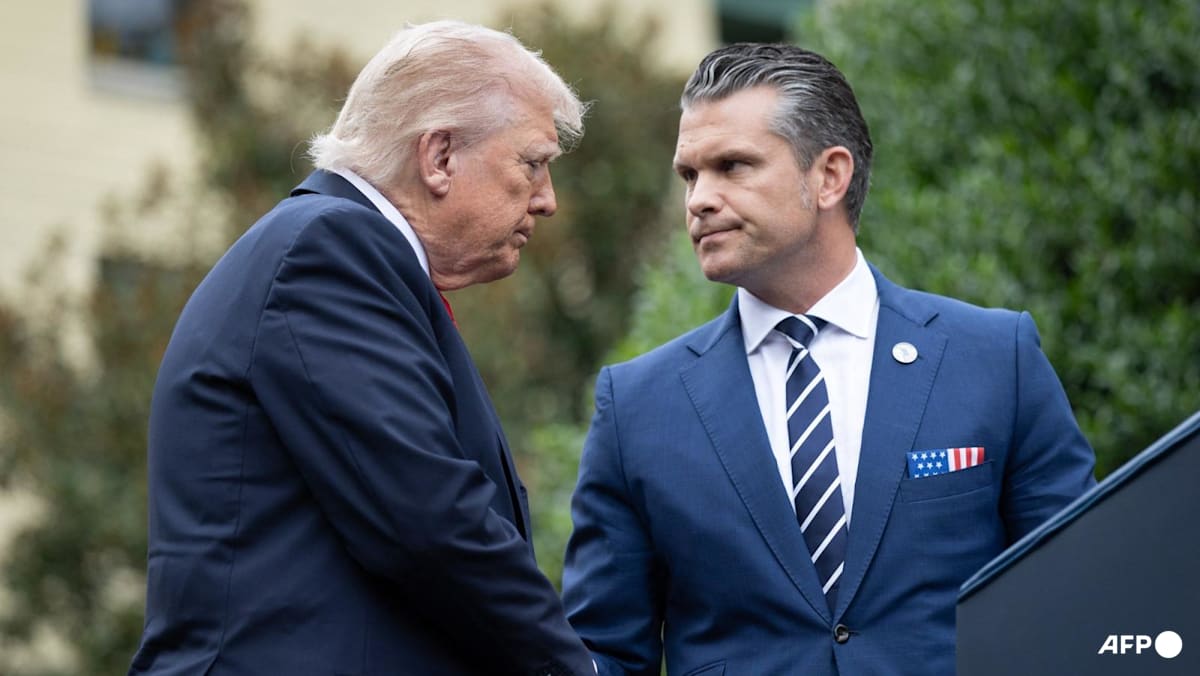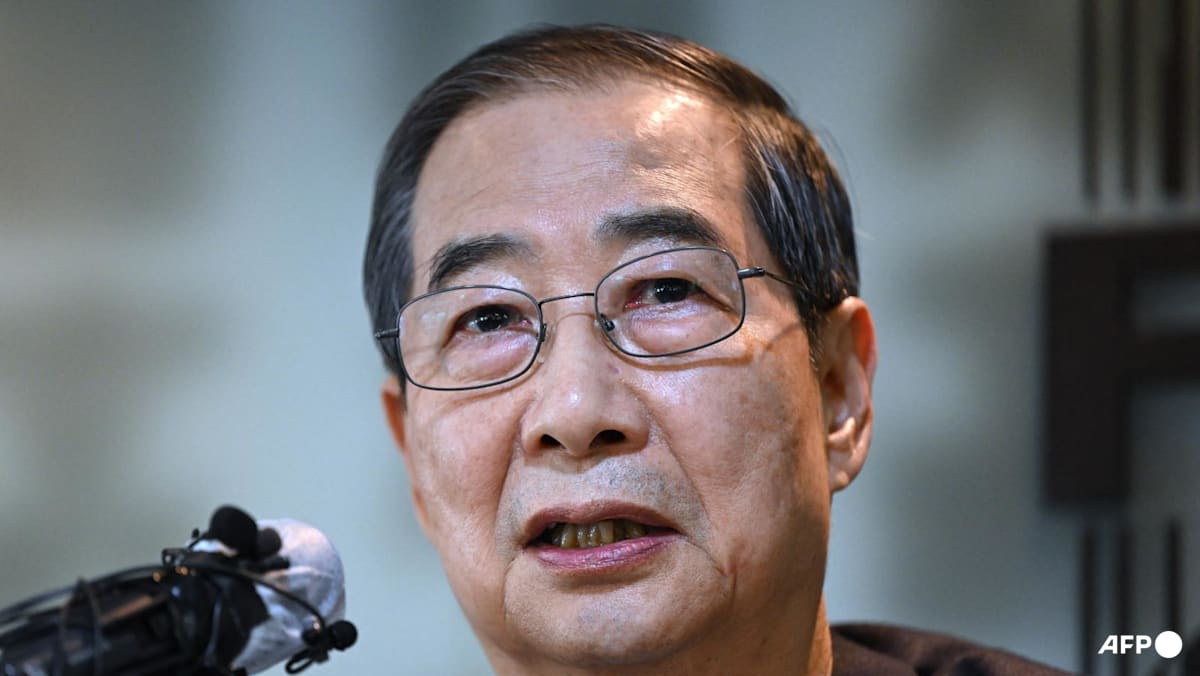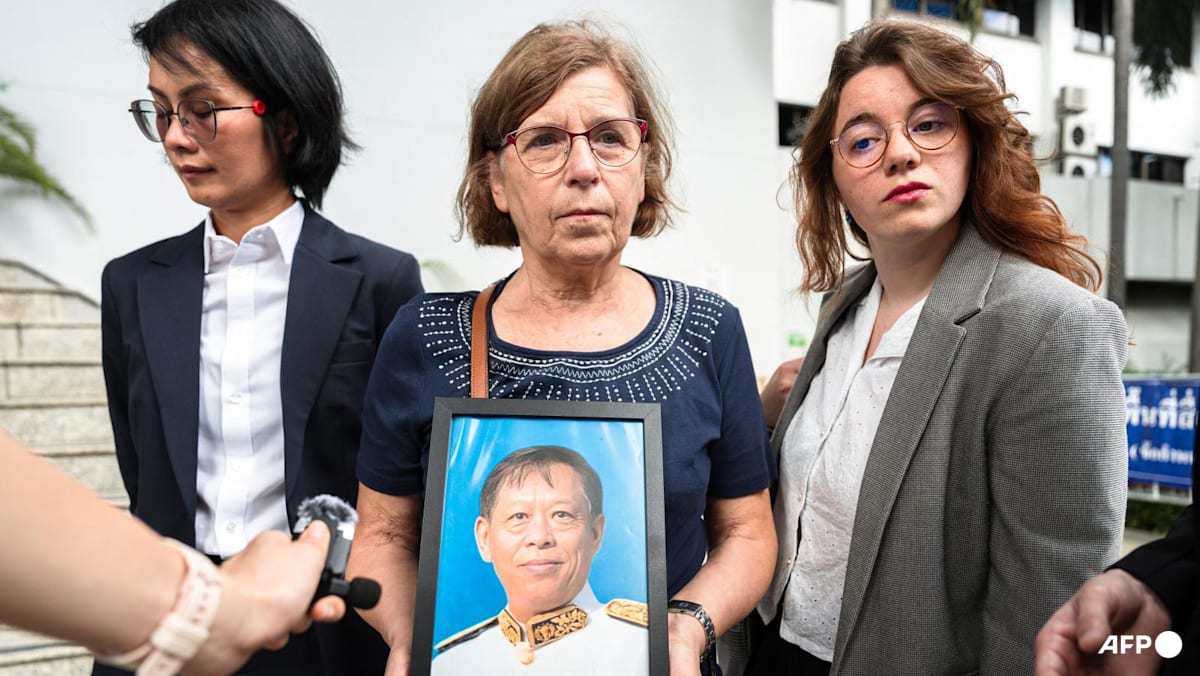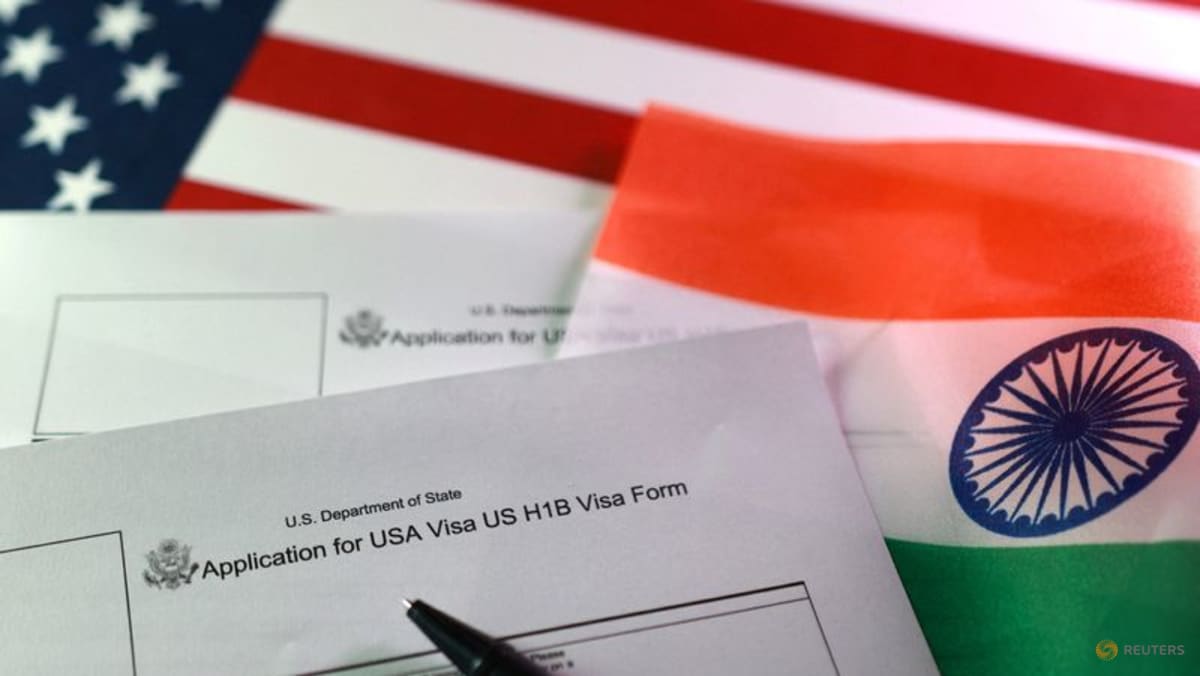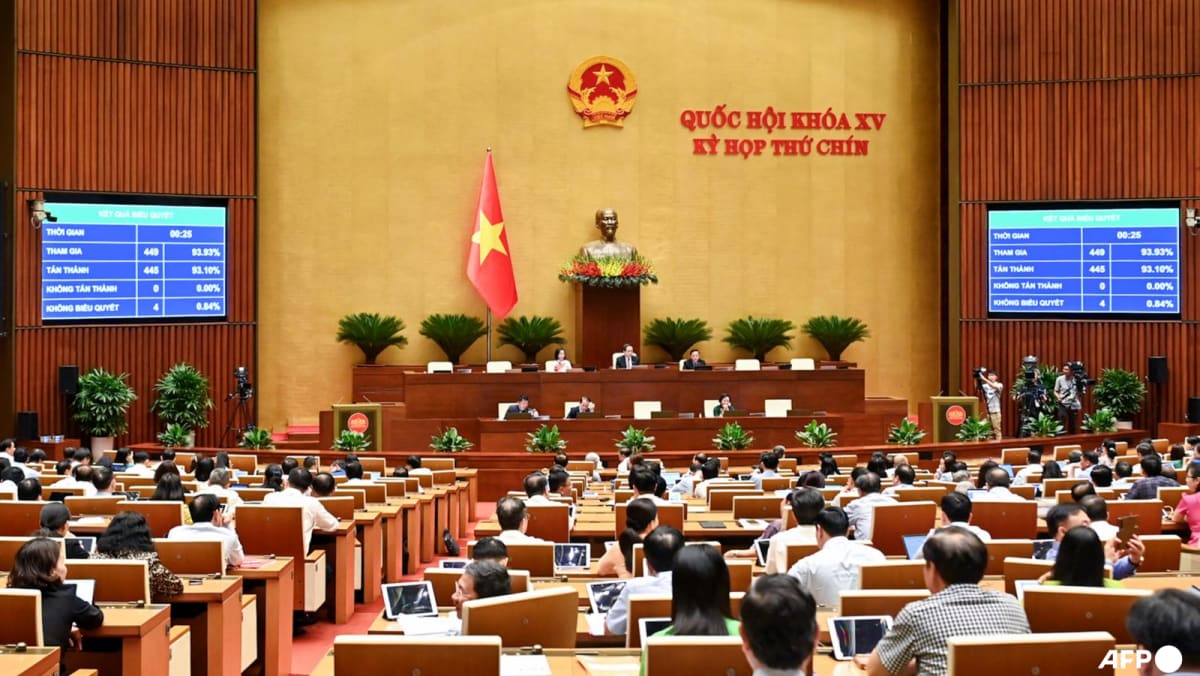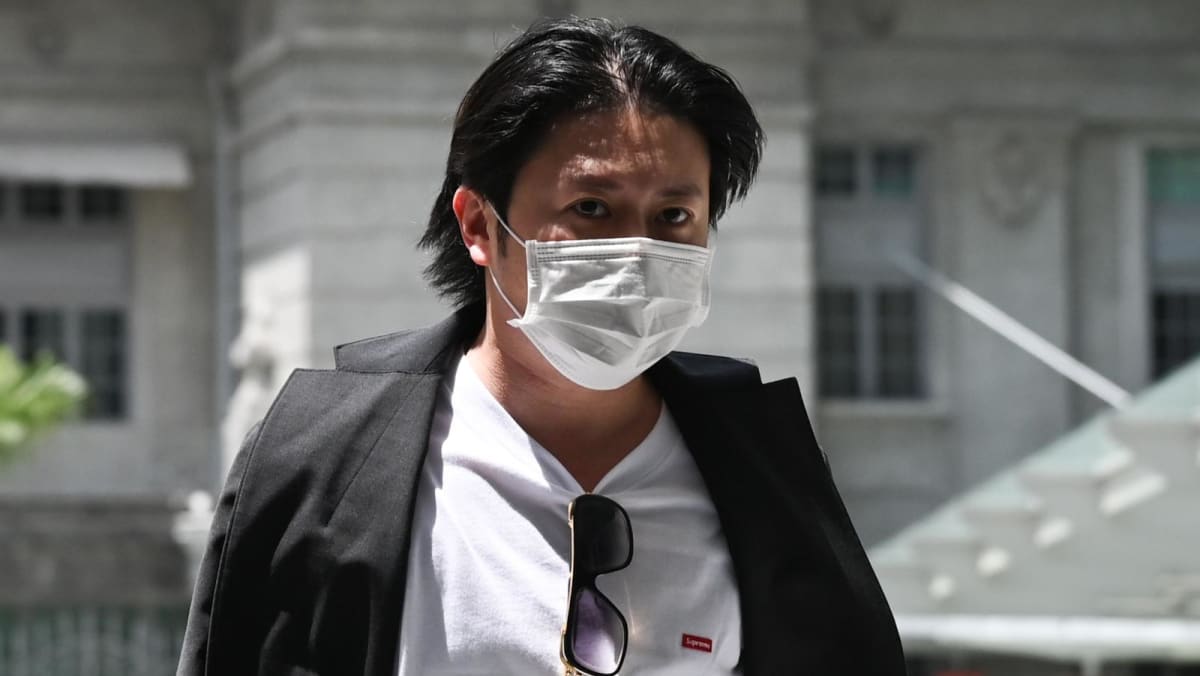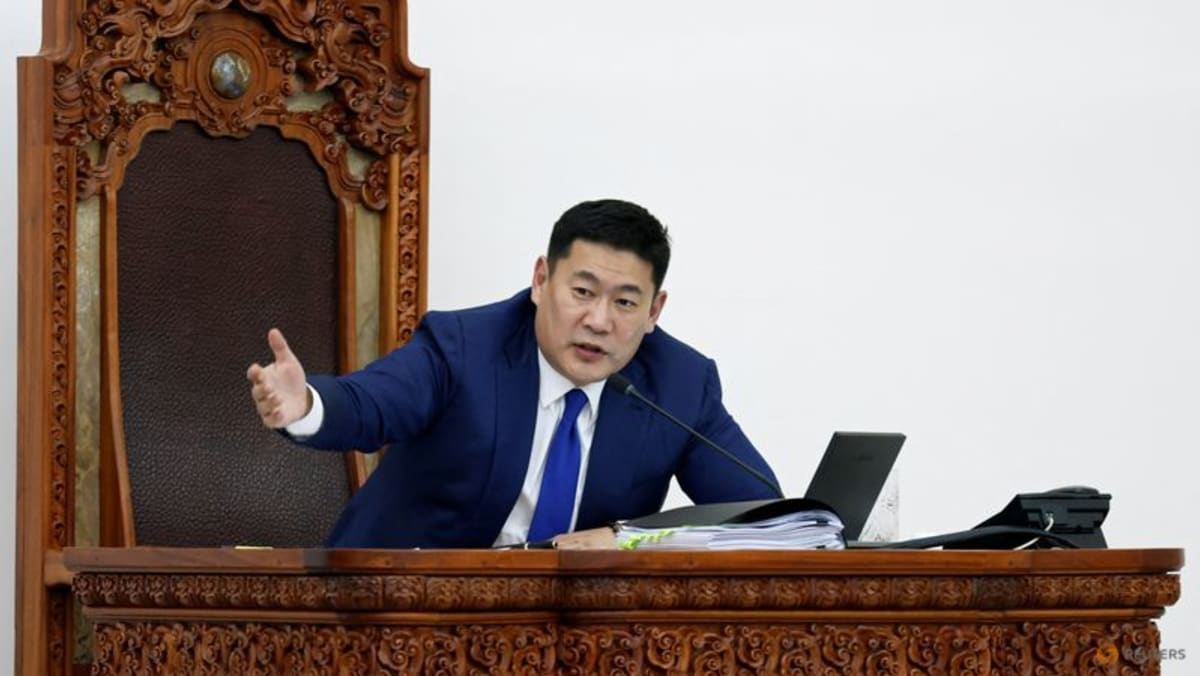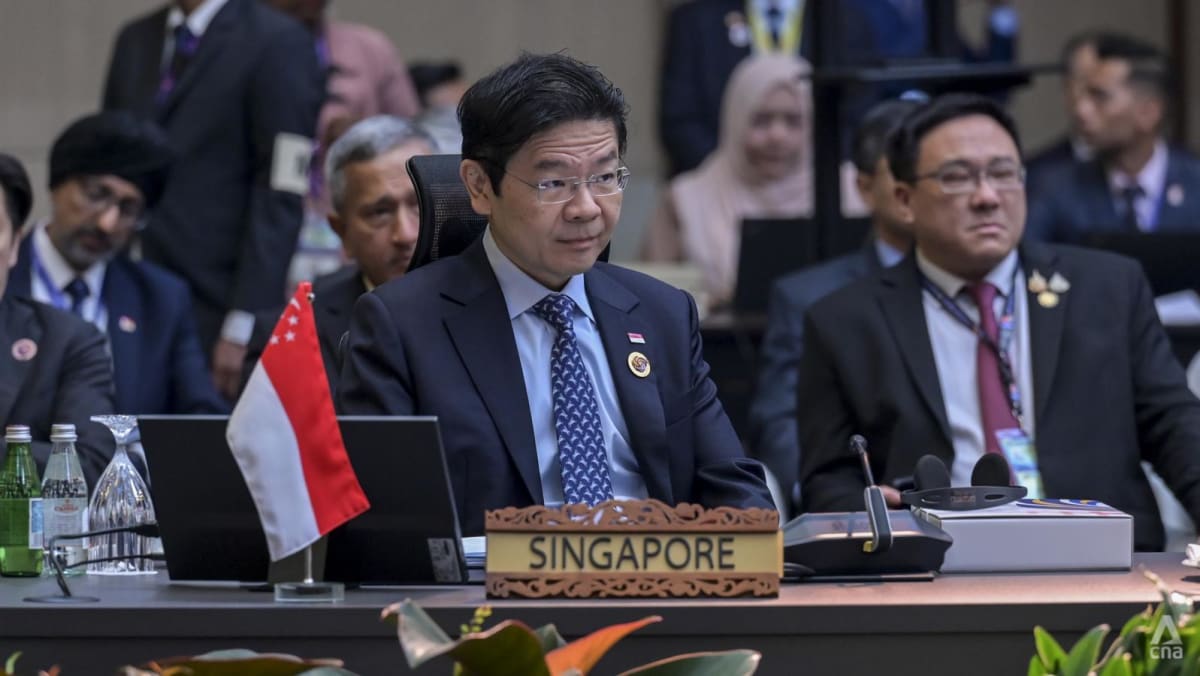JAKARTA: A designated National Culture Day coinciding with Indonesia President Prabowo Subianto’s birthday has come under fire from senior political figures and academics.
They challenged the date’s cultural and historical significance amid growing concerns over the politicisation of national symbols and figures, and raised questions over perceived attempts to curry favour politically.
Politicians such as House Speaker Puan Maharani have urged Culture Minister Fadli Zon to explain his decision to choose Oct 17 as the National Culture Day.
“I’m asking for a clearer explanation of the basis and reasoning behind the decision, in order to avoid ongoing public debate,” Puan said at the parliamentary complex on Tuesday (Jul 15), as quoted by CNN Indonesia.
She added that she has instructed Commission X of the Indonesian House of Representatives, which oversees cultural affairs in the country among other sectors, to look into the matter in greater detail.
“Culture belongs to all people, across generations, across eras and so on, so it must not be made exclusive,” Puan, who is also the daughter of former President Megawati Soekarnoputri, said.
Puan is part of the Indonesian Democratic Party of Struggle (PDI-P), Indonesia's largest political party, which is not part of the ruling government.
Critics condemned the lack of public consultation and transparency surrounding the decision, with some accusing Fadli, who is a close ally of the president, of attempting to flatter Prabowo, local news outlet Jakarta Post reported.
“People don’t seem to object to National Poetry Day (because the date makes sense),” historian Asvi Warman Adam told Jakarta Post.
He added: “But with National Culture Day, the issue is that it falls on Prabowo’s birthday, raising questions whether ministers like Fadli even have the authority to issue such commemorative dates.”
Fadli’s decision to declare Dec 17 as the National Pantun (Poetry) Day via a separate decree on the same date last week had drawn less criticism as it coincides with the day UNESCO officially recognised pantun - a traditional Malay four-line rhyming poem - as part of the world’s intangible cultural heritage, according to Jakarta Post.
 Dancers performing at a New Year culture parade in Bali, Indonesia on Dec 21, 2022. (File Photo: AP/Firdia Lisnawati)
Dancers performing at a New Year culture parade in Bali, Indonesia on Dec 21, 2022. (File Photo: AP/Firdia Lisnawati)
WHY OCT 17?
In response to the criticism, Fadli defended the decision by highlighting Oct 17’s historical significance. The date coincides with the day Indonesia’s founding President Soekarno formally established “Garuda Pancasila” as the national emblem and “Bhinneka Tunggal Ika (Unity in Diversity)” as the national motto in 1951.
Garuda Pancasila symbolises the country’s identity, unity and official state ideology "Pancasila", which comprises the five core principles of the country.
“Bhinneka Tunggal Ika is not just a motto but a philosophy of life for the Indonesian people that reflects cultural richness, tolerance and unity in diversity,” Fadli said in a written statement on Monday, as quoted by local media.
He said that the idea of declaring a National Cultural Day was raised by a group of artists and cultural practitioners from Yogyakarta, known as the Nine Plus Garuda Team, who had conducted a study since January this year.
“They then presented their findings to the Ministry of Culture after several rounds of in-depth discussions,” said the Gerindra Party politician, noting that the group consists of both traditional and contemporary cultural figures, reported Tempo.
He added that the government aims to utilise the new National Culture Day to raise public awareness about cultural values, preserve national identity and establish Indonesian culture as a cornerstone of national development, reported Jakarta Post.
“Oct 17 is a pivotal moment in the journey of our national identity but it’s not just about history, it’s about preserving the future of Indonesian culture,” he said on Monday.
 Culture Minister Fadli Zon speaking at a meeting with the House of Representatives at the Parliament Complex in Jakarta on Jul 2, 2025. (Photo: Instagram/@fadlizon)
Culture Minister Fadli Zon speaking at a meeting with the House of Representatives at the Parliament Complex in Jakarta on Jul 2, 2025. (Photo: Instagram/@fadlizon)
Indonesian actor and cultural figure Butet Kartaredjasa has questioned the relevance of associating the National Culture Day with the day the country’s national emblem was formalised, positing that it holds no direct cultural significance.
“The process, particularly the date selection, feels abrupt and artificial. There was no thorough review,” Butet told Jakarta Post on Tuesday.
“Even if a group of nine artists proposed it, can nine people truly represent cultural practitioners across the entire country?”
He added that if having a National Culture Day was necessary, a more meaningful choice would be on Jul 5 or Jul 7, which are the opening and closing dates of Indonesia’s first Culture Congress held in 1918 in Surakarta in Central Java.
Historian Asri also questioned Fadli’s authority to unilaterally declare a national commemoration day, highlighting that such designations have traditionally been made by the president through a presidential decree and not a ministerial one, reported Jakarta Post.
The designated date has also drawn criticism from some online.
“Culture Day is designated on the birthday of his idol, what culture are we talking about?” said a netizen on X on Monday.
This is not the first time Fadli has come under fire as culture minister.
His ministry’s initiative to revise Indonesia’s official historical narrative by launching a new 10-volume series of history books to coincide with the country’s 80th Independence Day celebrations on Aug 17 has drawn criticism from historians, human rights activists and politicians, as he confirmed that the books will not include the mass rapes committed during the 1998 riots.
Speaking during the parliamentary hearing earlier this month, Fadli acknowledged the 1998 sexual violence but questioned the use of the term “mass rape”, which he said requires legal and historical verification.
He added that the revision of the country’s official historical narrative aims to promote national unity that avoids deepening ethnic and communal divisions through a positive retelling of key events.
This sparked emotional reactions from PDI-P lawmakers MY Esti Wijayati and Mercy Barends.
Fadli had earlier stirred controversy in June when he said that the mass rapes were “all hearsay” and “rumours”. Some historians say these history books will omit major human rights violations.
The unrest in Indonesia in 1998 arose from economic turmoil and mounting anger at former President Suharto’s authoritarian rule. Chinese-Indonesians were targeted in riots that broke out in various cities in May that year, days before Suharto resigned.

